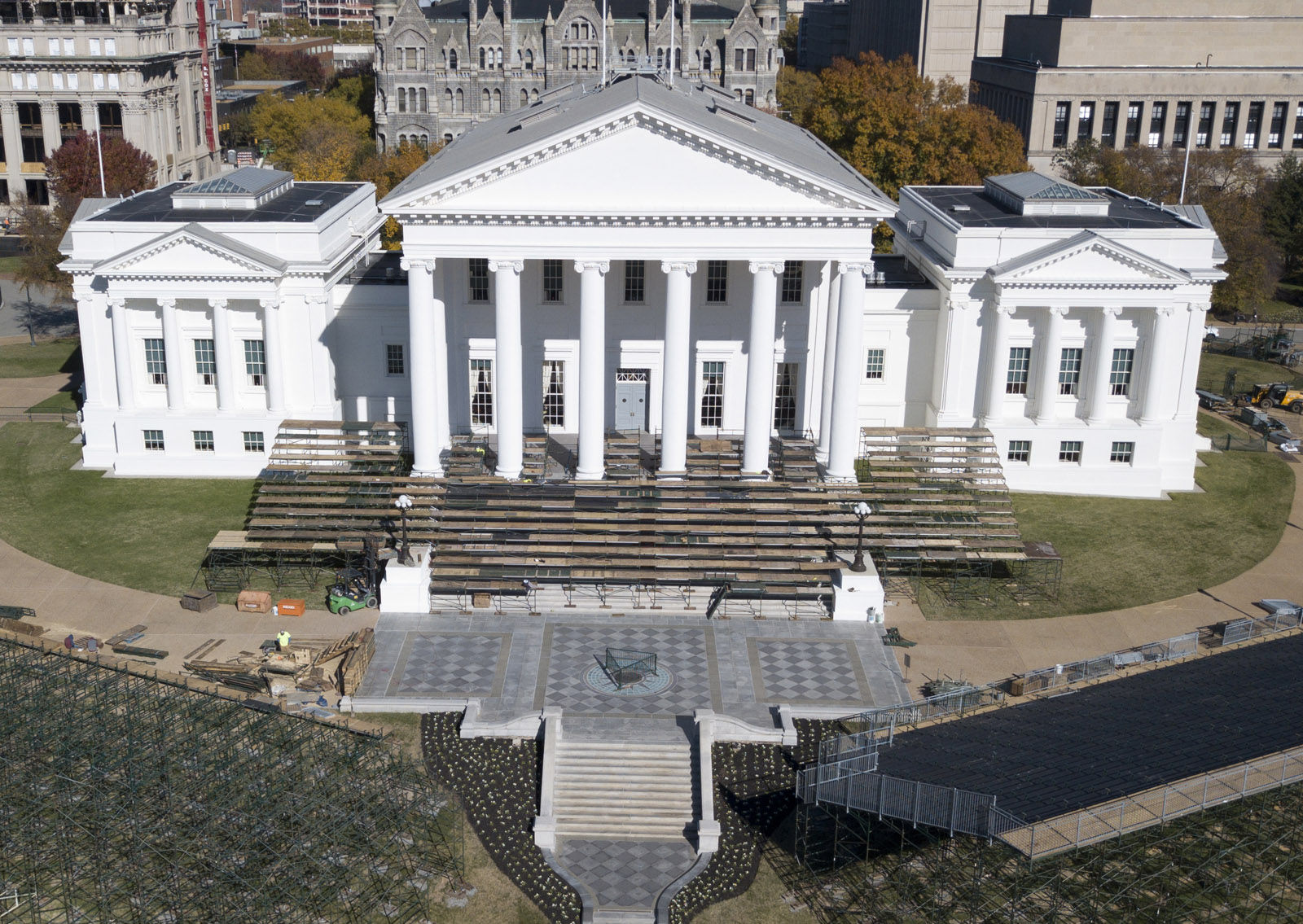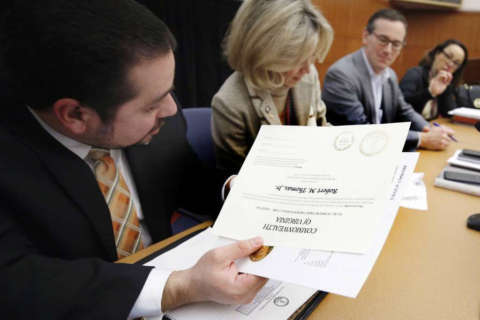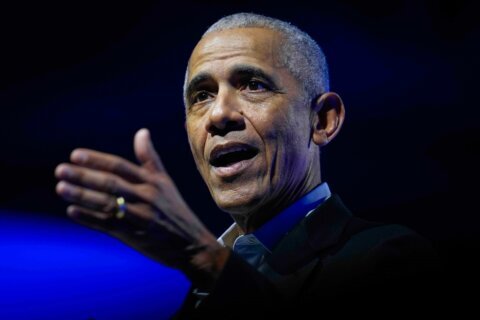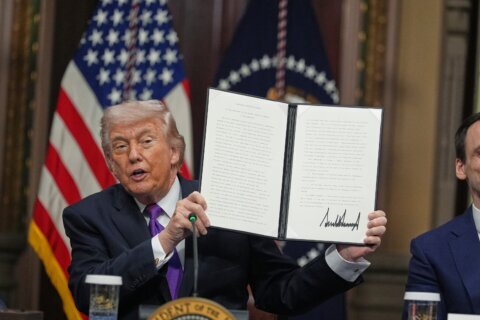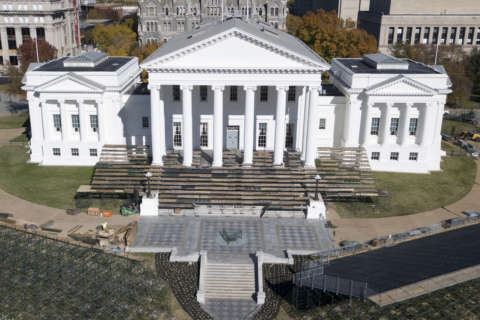
WASHINGTON — Virginia voters could see their own face when they check in at the polls under a bill approved along party lines by the Virginia Senate on Monday.
Sen. Mark Obenshain’s proposal would have electronic poll books automatically display driver’s license photos of voters, which could eventually be used in place of Virginia’s existing voter identification requirement.
“It’s not going to allow any election official to actually turn anybody away right now at all. It is simply porting those IDs over and is simply an additional deterrent to casting votes illegally,” said Obenshain, R-Harrisonburg, before the 21-19 vote.
Democrats, who also largely oppose the current voter identification requirement, argued the photographs may not accomplish much.
“I’m somewhat baffled as to its necessity … other than simply another voter suppression bill,” said Sen. Mamie Locke, D-Hampton.
“You’ve got a better chance of being struck by lightning than you’ve got of being charged and convicted of voter fraud, and we’re not spending any money on protecting people from being hit by lightning,” said Minory Leader Dick Saslaw, who represents parts of Fairfax County.
Party affiliation on ballots
Separately, the Senate voted 28-12 to identify the political party of more candidates on Virginia ballots.
Currently, Virginia only lists the party affiliation of candidates for federal, statewide and General Assembly offices.
The bill would instead provide that all candidates nominated by a political party, including by a primary, be listed on the ballot along with the name of their party.
Counting write-in votes
A bill to raise the threshold for reporting a write-in candidate’s vote total failed by a wide margin Monday, but the Senate kept the bill alive for potential amendments.
The bill would have raised the threshold to 20 percent of votes cast for a write-in candidate to have the number of votes cast for him or her detailed on the locality’s statement of results.
Today, the threshold is 5 percent.
The Senate is also considering a bill that would change the order that independent candidates are listed on the ballot.
The House of Delegates is considering a number of other election law changes.
For a bill to have a chance of becoming law this year, it must pass one of the two chambers by Feb. 14.

